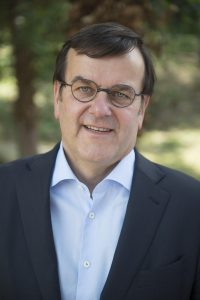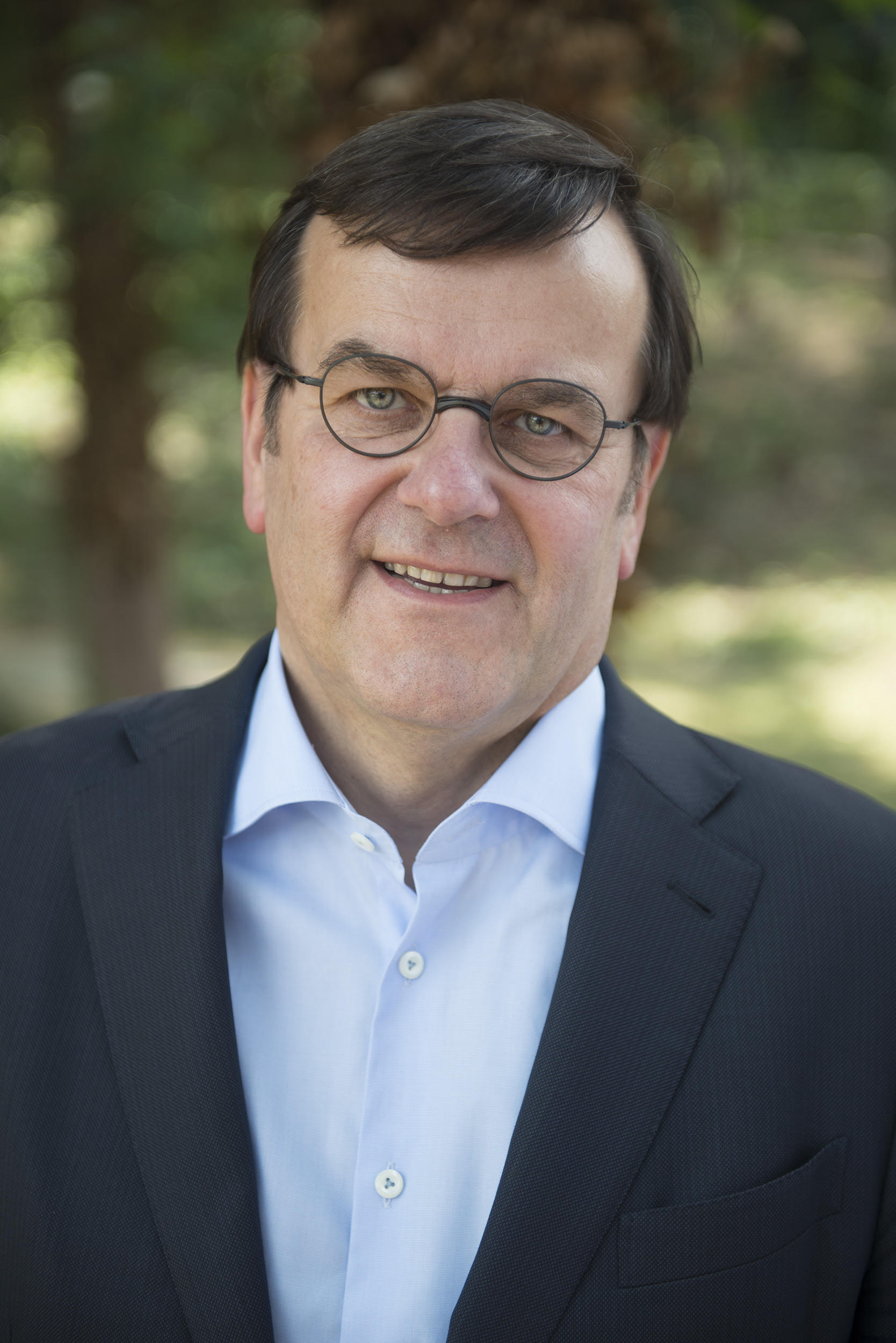The city of Liege has been working for several years on the issue of radicalisation, notably through Efus-led European projects.
 > What are the challenges and issues linked to radicalisation in Liege?
> What are the challenges and issues linked to radicalisation in Liege?
Willy Demeyer : Even though Liege has not been as affected by radicalisation as other Belgian and European cities, we’ve had youngsters leaving the city to join Jihadist groups such as Daesh and the Al-Nosra Front, which means we now have to manage the problem of the returnees.
Also, Liege was the target of a terrorist attack in May 2018 in which three people were killed, including two female police officers, for which Daesh claimed responsibility.
Furthermore, a radical ideology calling for violence is being disseminated in our neighbourhoods through Internet, targeting especially the young. It is fed by conspiracy theories but also by the international, geo-political context on which City Hall has no power.
All this means that the main challenges for a local authority such as ours are first and foremost to preserve security and protect the population against any attack while also preserving social cohesion, which is perhaps more fragile given the current context. We must guarantee quality of life for all and respect for our democratic values.
> What concrete actions have you implemented regarding radicalism?
We created a position of “Consultant on the prevention of radicalism” as early as October 2014. This person is responsible for implementing and developing a large partnership with all relevant stakeholders in social services, youth services, intercultural initiatives and law enforcement agencies. He also designs, with me, our local prevention strategy and actions.
A number of educational activities for young people have been put in place in the past few years:
- communication tools have been created, in particular an animation film titled Toru, which was made by youngsters with the objective of countering manipulation by extremist movements;
- a theatre play, Nadia, was created through a partnership with the theatre of Liege, under the supervision of experts from the University and the Liege Integration Centre (Centre d’intégration liégeois, Cripel). It has been seen by 3,000 students;
- a new “citizen sport” initiative will soon be launched in amateur sport clubs to counter social polarisation and promote peaceful coexistence.
We also organise awareness activities for the public at large, for example a film followed by a discussion with the mother of a Jihadist, or what we call “political café” sessions on conspiracy theories. We do this in cooperation with lifelong education organisations. We are lucky in Liege to have a dense and dynamic network of youth centres and cultural associations.
> Do you have programmes for the management of young radicals and their family?
Indeed, this is a challenge for a local authority like us to support and care for youngsters who are radicalising, as well as their family. There is a very interesting experience being led at the moment together with the department of psychology of crime of the University of Liege, which seeks to create a methodology for psychological and social support as part of a research-action called “Psyrad”.
Also, upon a request from the federal government, we created in Liege a Local Integral Security Unit (Cellule de sécurité intégrale locale, CSIL). Coordinated by the mayor, this unit gathers representatives from the prevention services and the police and examines and manages radicalisation cases.
> Liege was a partner in the Efus-led LIAISE project (local institutions against extremism). What actions did you carry out as part of LIAISE?
Given the complexity of the issue of radicalisation, it is indeed very useful to be part of an international network exchanging knowledge and practices on how to counter locally this phenomenon which has a global dimension.
As early as 2014, the LIAISE project provided us with high level trainings in the cities that were taking part in the project (Augsburg, Bordeaux, Brussels,The Hague, Liege, London and Malmö). We were able to acquire a good level of expertise and to exchange with colleagues from other European cities. To this day, the activities we are carrying out here are based on the knowledge we acquired through LIAISE.
> How did you follow up on LIAISE, which concluded in 2017?
We are now partners in the Local voices project, which is also led by Efus and seeks to develop alternative narratives to extremism by involving young “messengers”. Also, like other Efus member cities, we have trained about 10 street workers in the Bounce methodology, which seeks to increase the resilience of young people to extremist messages, notably by strengthening their self esteem and teaching them to solve conflicts peacefully.
> Are you taking part in other European projects?
Liege cooperates with Radicalisation Awareness Network (RAN), a pluridisciplinary network of experts, and Strong Cities Network, a worldwide network through which we have very interesting exchanges with American cities.
> What advice would you give to other local authorities with similar challenges and issues?
It is difficult to give advice on such a complex issue. I’d say the first thing to do is to establish a dedicated structure within the prevention department so as to be able to work on the issue of radicalisation on a daily basis, and to have a permanent point of contact. This said, you don’t need to create new structures because you can use existing mechanisms such as those for the prevention of violence among young people, or for social inclusion or cultural integration. The role of the municipality is to facilitate local partnerships, to initiative actions and to bring expertise to local actors.
Radicalism is a highly charged issue, which creates a lot of anxiety. So we need to keep our cool and make sure we work for the long term and carefully select the external experts who will work with local practitioners. Also, it is important to establish connections locally and nationally, but also with other European cities in order to build bridges where (sometimes) others might want to build walls.
>>> More information on LIAISE, Local voices, Bounce
>>> Website of the city of Liege




